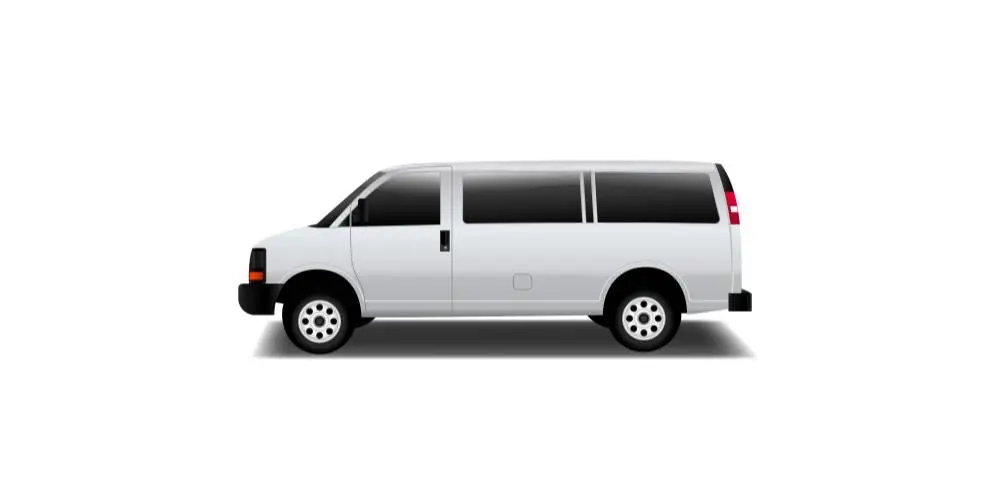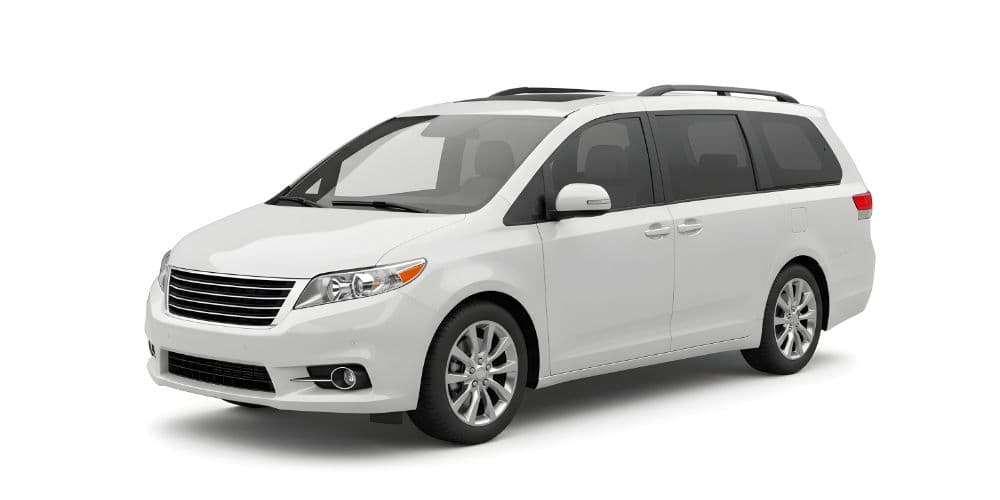
Bleisure Bliss: How to Master the Workation Trend
What Is Bleisure and Why Is It Booming?
“Bleisure”, the mix of business travel and leisure, has become a buzzword in travel. Essentially, it means turning a work trip into a mini-vacation by tacking on personal days or fun activities. With remote work on the rise and flexible schedules, more people are saying, “Why not have a little getaway while I’m there?” In 2024, 48% of travelers said they added vacation time to a work trip in the past year. And companies are on board too: business trips have lengthened by about 20% since 2019 as employees extend stays for leisure.
The global bleisure travel market is huge, worth an estimated $430+ billion in 2024 and growing fast. In other words, if you’ve ever sat in a conference and daydreamed about exploring the city afterward, your part of a massive trend. Let’s talk about how to do it right, so you can enjoy that bleisure bliss without slacking on the job.
Planning the Perfect Workation
A “workation” is when you work remotely from a nice destination, essentially taking your office on vacation. Here’s how to plan one that keeps your boss (and you) happy:
- Choose the Right Destination: Aim for places that offer both good fun and the infrastructure you need to work. Think cities known for culture and sights, but also reliable internet. For example, Lisbon, Portugal has become a digital nomad visa [Portugal] hotspot, great food, history, and excellent Wi-Fi. Many countries now offer special digital nomad visas allowing remote workers to stay for months. Over 50 countries have remote work visa programs as of 2025, from Barbados to Thailand. Research if your chosen spot has one; it could simplify longer stays. (E.g., Spain’s new digital nomad visa grants Americans a year in sunny Spain with relatively easy paperwork!)
- Timing is Everything: Coordinate your vacation days around weekends or holidays to maximize leisure time. If you have a 3-day conference ending Thursday, consider taking Friday off and voila, a four-day weekend to play. Also, be mindful of time zones. If you must work on local hours for your home office, picking a destination with a compatible time zone will make your life easier.
- Workation Packages & Deals: Many hotels and resorts now offer workation packages specifically to attract remote workers. These might include strong in-room Wi-Fi, a comfortable desk setup, discounted long stays, and even perks like daily coffee or co-working space access. Major chains have jumped in, Hilton, Marriott, and others launched packages for “work from paradise” where you get business amenities plus resort leisure. For example, Hilton’s Workation program in Seychelles offers beachfront villas with private Wi-Fi, office supplies, and even snorkeling breaks. When booking, search the hotel’s website or call and ask about extended stay or “workation” rates. You might be surprised at the discounts for multi-week stays.
- Set Boundaries (with Work and Yourself): On a workation, it’s easy to either overwork (because you feel guilty) or slack off (because beach!). Plan your work hours and leisure hours in advance. Communicate with your team when you’ll be online, especially if you’re in a different time zone. Stick to a routine: for example, work 7am to 3pm, then explore in late afternoon and evening. Setting this structure means you can fully enjoy your off time without emails nagging at you.
Tips for Productivity on the Go
Working from a cafe in Paris or a hut in Bali sounds dreamy, and it is, but staying productive is key to sustaining the lifestyle. Here are some hacks:
- Reliable Internet is Non-Negotiable: Always have a Plan B for Wi-Fi. That might mean a mobile hotspot device or SIM card in case the hotel Wi-Fi goes down mid-Zoom call. Co-working spaces are booming globally; a day pass can be a lifesaver if your accommodation’s internet is iffy. In a pinch, even sitting in your rental car near a chain hotel (which often have strong Wi-Fi reaching the parking lot) can bail you out! Do a speed test when you arrive somewhere new, don’t wait until 5 minutes before a video meeting.
- Leverage Time Zone Differences: If you’re far from your home office’s time zone, use it to your advantage. Many remote workers find they can sightsee during the day and log on in the evenings or vice versa. For example, if you’re on a workation in Europe and your team is on U.S. time, you have mornings free to wander museums or markets, then work later. Just be careful not to burn the candle at both ends, get enough rest.
- Create a Temporary Office: It’s tempting to work from a hammock. But posture and focus matter. Set up a proper spot, a table, chair, good lighting, ideally with a view that makes you happy. Noise-cancelling headphones help if you’re in a bustling area or if the kids are splashing in the pool while you finish a report. Some workationers even carry a lightweight laptop stand and portable keyboard to mimic their ergonomic office setup on the road.
- Use PTO for Truly Offline Time: Combining work and vacation can blur lines. Make sure to carve out some fully off-duty days too. If you’re doing a two-week workation, consider taking a couple of full vacation days within that to do bigger excursions or just unplug. After all, part of bleisure travel is enjoying leisure without constantly checking Slack. Balance is the goal.
Bleisure Travel Ideas and Destinations
Need inspiration for blending work and play? Here are a few scenarios:
- Conference in Chicago -> Weekend in Wisconsin Dells: Say you attend a conference in Chicago that ends Thursday. Instead of flying straight home, rent a car and drive 3 hours north to the Wisconsin Dells (waterpark capital!) for a family weekend getaway. You can log a remote workday Friday from the hotel (kids happily playing in the pool), then enjoy the weekend together. Internal flights remain the same cost, but you’ve added a mini-vacation.
- Remote Month in Bali: If your job is fully remote, consider a true “workation” abroad. Bali, Indonesia is popular with digital nomads for its affordable living and scenery. Many resorts and villas cater to long-term stays with dedicated workspaces. The new digital nomad visa (Indonesia) may allow extended stays with ease. Mornings could be for work (overlooking rice paddies), afternoons for surfing or temple visits. Just watch out for the time zone difference if your team is elsewhere.
- Fly-In Monday, Fly-Out Friday, Explore in Between: Sometimes you can structure a trip so that weekdays are work in one city, and evenings or adjacent days are tourism in another. For instance, if you have meetings in London on a Monday and Friday, rather than sit idle in London all week, take a Eurostar to Paris or Brussels mid-week. Work from a hotel there for a few days (they’re only ~2 hours train from London) while enjoying a different city in off hours. Come back to London Friday for your meeting, then head home. You’ve effectively visited two or three cities on one “business” ticket.
- Bleisure with Family: Turn a required business trip into a family adventure. If you need to travel to Orlando for a trade show, bring the spouse and kids. During the day, you attend the show while they hit Disney or Universal. In the evenings, join them for the parks or dinners. Then add a day or two after the work portion to do a family day together (Kennedy Space Center, anyone?). This way, you save on airfare (your company covered yours) and maybe hotel (if your room is covered or discounted for the event).
One thing bleisure travelers often mention is how refreshed they feel back at work afterward. Instead of a brutal all-business trip, they created memories and had fun, making the work part more palatable. In fact, surveys show 83% of business travelers find work travel more enjoyable when they can add leisure time. Happier employee, happier boss.
Navigating the Digital Nomad Life (Visas & More)
If bleisure inspires you to take the leap into longer-term “work from anywhere,” there are a few practical things to consider:
- Digital Nomad Visas: As mentioned, dozens of countries now offer these. For example, Estonia pioneered one; Croatia and Brazil have them; Thailand launched a 10-year remote work visa. Each has different income and insurance requirements. Research the specifics: many require proof of a certain monthly income (often $2,000–$3,000) and health insurance. Some charge a fee, but it can be worth it for legal residency for a year or more. Forbes noted “most of the 66 countries offering digital nomad visas are in Europe or the Americas”, so you have choices across many climates and cultures.
- Taxes and Finances: Working abroad can have tax implications. Usually short bleisure trips aren’t an issue, but if you stay abroad >183 days in a country, you might trigger tax residency. Keep an eye on that or consult a tax pro if planning a long workation. Also, ensure you have access to your funds (let banks know you’re traveling) and use credit cards with no foreign transaction fees to save money.
- Health and Travel Insurance: When combining business and leisure, check that your travel insurance or company insurance covers both scenarios. Some corporate travel insurance might not cover you on personal days, for example. There are specialized insurance plans for digital nomads that cover health and belongings while abroad, consider those if you’re going long-term.
- Workspace Solutions: If you’re moving around frequently, look into global co-working passes. Some co-working companies have locations worldwide (WeWork, Regus, etc.) and offer memberships that let you drop into any location. This can be handy if you crave a proper office environment now and then or need meeting rooms. Alternatively, a quiet café and good noise-canceling headphones might be your trusty solution in each town.
Embrace the Blend, You’ve Earned It
The beauty of bleisure travel is that it breaks the old notion that business trips must be all work and no play. Instead, you’re seizing an opportunity to enrich your life. You’ll come home with not only completed tasks and attended meetings, but also with experiences, maybe you caught a sunset at a beach after a day of Zoom calls, or tried a new cuisine in a far-off city on a weekend layover.
Companies are recognizing that encouraging bleisure can even be a perk to attract and retain talent. Some progressive firms offer “workation allowances” or workation packages in partnership with hotels. And some countries are eager to host longer-term workationers, consider those digital nomad visas as an invitation to come work, spend, and enjoy.
As with anything, balance is key. But with the tips above, you should be well on your way to mastering the workation trend. Next time you have a work trip, see it as more than just a chore, it could be the start of your next adventure. Safe travels and happy working…or should we say, happy workation!
Want to make your travels greener while you work abroad? Read our Eco-Friendly Road Trips: Sustainable Van Rental Adventures for tips on keeping your journeys kind to the planet.
Our Most Popular Vehicles



